We’ve gone over the different fuel types in previous articles. Whether from not knowing any better or an accident, putting the wrong fuel into your vehicle can cause some issues.
If you mitigate this mistake quickly enough, you can minimize the damage.
Put the Wrong Fuel in Your Car? Here’s What to Do.
The first step: quit driving and look up what you need to do (see below). The less fuel that is entered into your system, the better. From there, here’s what you need to do to know about the wrong gas types.
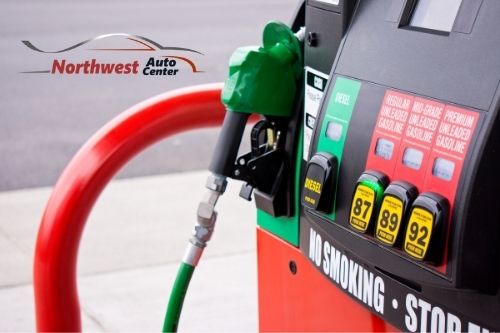
Gas in Diesel Vehicles
Diesel and Gas are very different fuel types. Diesel fuel is thicker and acts as a lubricant. Thinner gasoline fuel causes wear to the fuel pump, injectors, and filters.
This wear can happen quickly. Immediately halt your travels and call a tow truck for a ride to your local automotive shop, where they can drain the tank and fuel lines and fuel filter/s.
Diesel in Gas Fueled Cars
While engine damage isn’t as likely, gas engines can’t function on diesel fuel because they cannot combust the thicker fuel type. For this reason, your vehicle may not start, or it may begin to smoke.
You’ll need to get your tank and fuel lines drained before continuing.
Ethanol E85 into Gas Vehicles
If you grabbed the E85 nozzle and didn’t have an ethanol-fueled or flexible-fuel car, you may be wondering what would happen.
Luckily, permanent damage is unlikely as long as you haven’t travelled too far. You may experience the “check engine” light coming on and off and reduced performance. You may also hear a knocking noise from the engine. The best thing to do in this instance, is to have a shop drain your gas tank and replenish it with the correct fuel. E85 can/will attack your intake gaskets and rubber in the fuel lines if your vehicle isn’t a “flex fuel” vehicle over the long run.
Mixing Regular, Plus, and Premium Gas Types
At most gas stations, drivers will have an option of three gas fuel types. They differ based on their octane ratings, with regular having the lowest rating and premium having the highest octane. Octane is the fuel’s ability to resist knocking/detonation. The higher the octane rating, the greater ability for this oxygenate to resist knocking.
Different vehicles have specific octane requirements to operate at peak performance. For this reason, if you put regular gas in a plus/premium-preferred engine, you may hear that knocking noise and experience a decrease in fuel efficiency and performance. The next time you fuel up, make sure to switch back to your vehicle’s preferred gas type.
You won’t notice much if you put plus or premium instead of regular. Some folks swear by the added benefits, but the fact is your engine won’t see much benefit from occasional upgrades in gas types.
Preventing Wrong Fuel Type Mistakes
Staying alert will prevent you from putting the wrong fuel type into your vehicle. Make sure you know what kind of fuel and gas type your engine prefers, and then spend the extra few seconds it takes to verify you are purchasing the right fuel.
Keep Your Vehicle on the Road
Owning a vehicle takes some management and maintenance — and being alert enough not to use the wrong fuel type. If you ever make this kind of mistake, take heart, we’ve seen it many times! You’re definitely aren’t the first person and definitely not the last person to make that mistake! If you find yourself (and your car) in trouble, we are here for you.

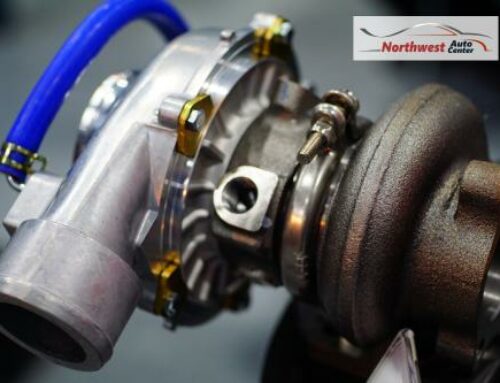
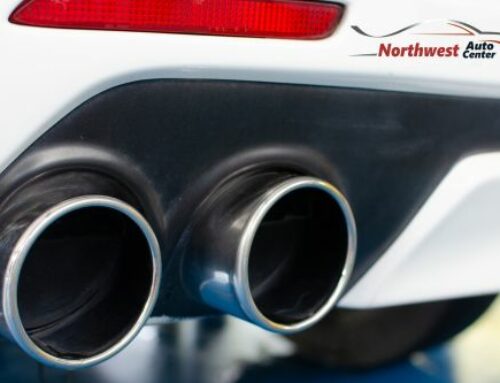
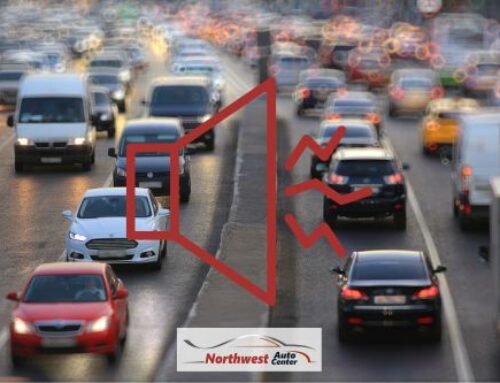
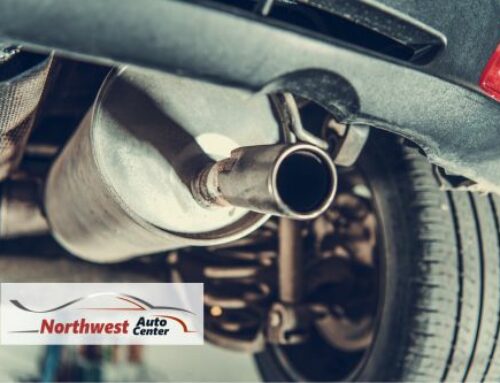
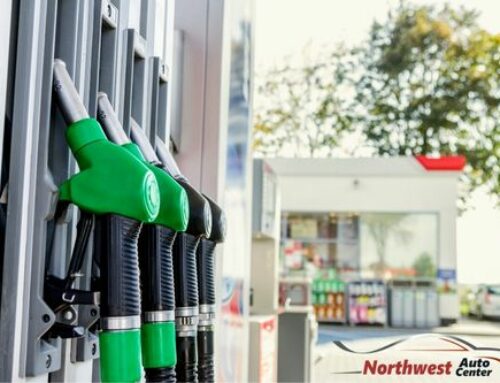
Leave A Comment
You must be logged in to post a comment.